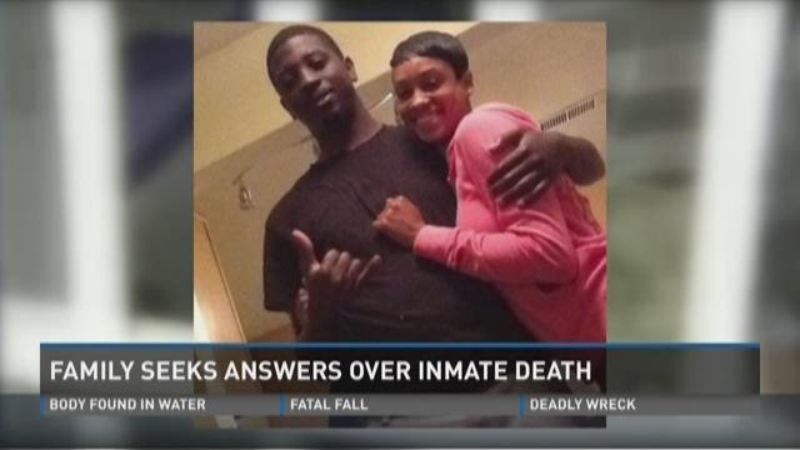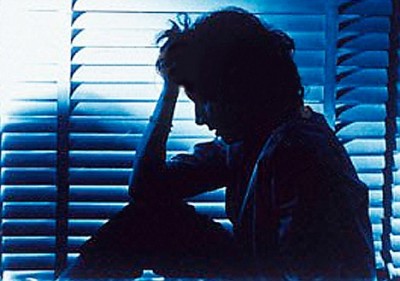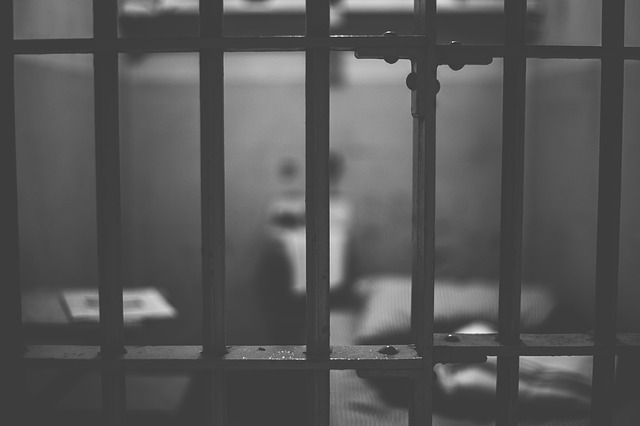
(3-23-16) Mira Signer, the executive director of the National Alliance on Mental Illness in Virginia, has joined with former state mental health Inspector General G. Douglas Bevelacqua, and the Virginia NAACP Portsmouth chapter in calling for a Justice Department investigation into the horrific death of Jamycheal Mitchell, the 24 year-old African American who died in a Portsmouth jail waiting for a state hospital bed.
Yesterday, the state Department of Behavioral Health and Developmental Services released a troubling investigative report that showed Mitchell had literally been overlooked and forgotten while being held some four months in jail. An autopsy showed Mitchell had suffered a heart attack caused by starvation. He had lost more than 10 percent of his body weight while being incarcerated — more than 34 pounds.
This happened while he was under the care of a private for-profit firm, NAPHCARE, hired by the jail to provide mental health services to prisoners. The department also revealed that the employee who it had hired specifically to monitor inmates waiting for state hospital beds had not met with Mitchell the entire four months that he was in jail.
Sarah Kleiner, a reporter with the Richmond Times Dispatch, joined me in filing FOIA requests for information about the Mitchell case before the department finally released its report yesterday. In a story published this afternoon, Kleiner noted that a growing number of mental health advocates in Virginia are asking for federal investigators to step in.
Bringing in the feds would be a slap in the face for the Office of State Inspector General, which still has not released the results of its investigation, and to the disAbility Law Center, which is Virginia’s Protection and Advocacy for Individuals with Mental Illness Program. The disAbility Law Center has shown no public interest in the case and has not joined NAMI and the others in calling for a federal probe. The OSIG is supposed to be an independent investigative body but Bevelacqua resigned from his post there after he said his bosses soft pedaled his investigation of state Sen. Creigh Deeds’ preventable tragedy.
Bravo to Signer, Bevelacqua, the NAACP and Kleiner for keeping a spotlight in Richmond on the Mitchell case. It’s time for national NAMI and Mental Health America to join this call for full disclosure of what happened in that jail. How did a prisoner with a serious mental illness literally starve himself to death without someone intervening?
Advocates call for federal investigation of death of Va. man jailed for stealing junk food
Posted: Wednesday, March 23, 2016 2:10 pm
A growing chorus of advocates across Virginia are calling for federal investigators to look into the death of a mentally and physically ill black man in Hampton Roads Regional Jail last August.
A former Virginia inspector general, the NAACP Portsmouth and a prominent mental health advocate said the Department of Justice should conduct an inquiry into 24-year-old Jamycheal Mitchell’s death, which has been under investigation by state officials for seven months.
“It is inexcusable that a mentally ill person should starve to death while incarcerated in a Virginia jail,” said G. Douglas Bevelacqua, a Virginia inspector general over behavioral health and developmental services from 2010 to 2014. “There is no explanation that will ease the shocking truth that the Hampton Roads Regional Jail in Portsmouth and the mental health providers from several organizations … failed to care for Jamycheal Mitchell.”







